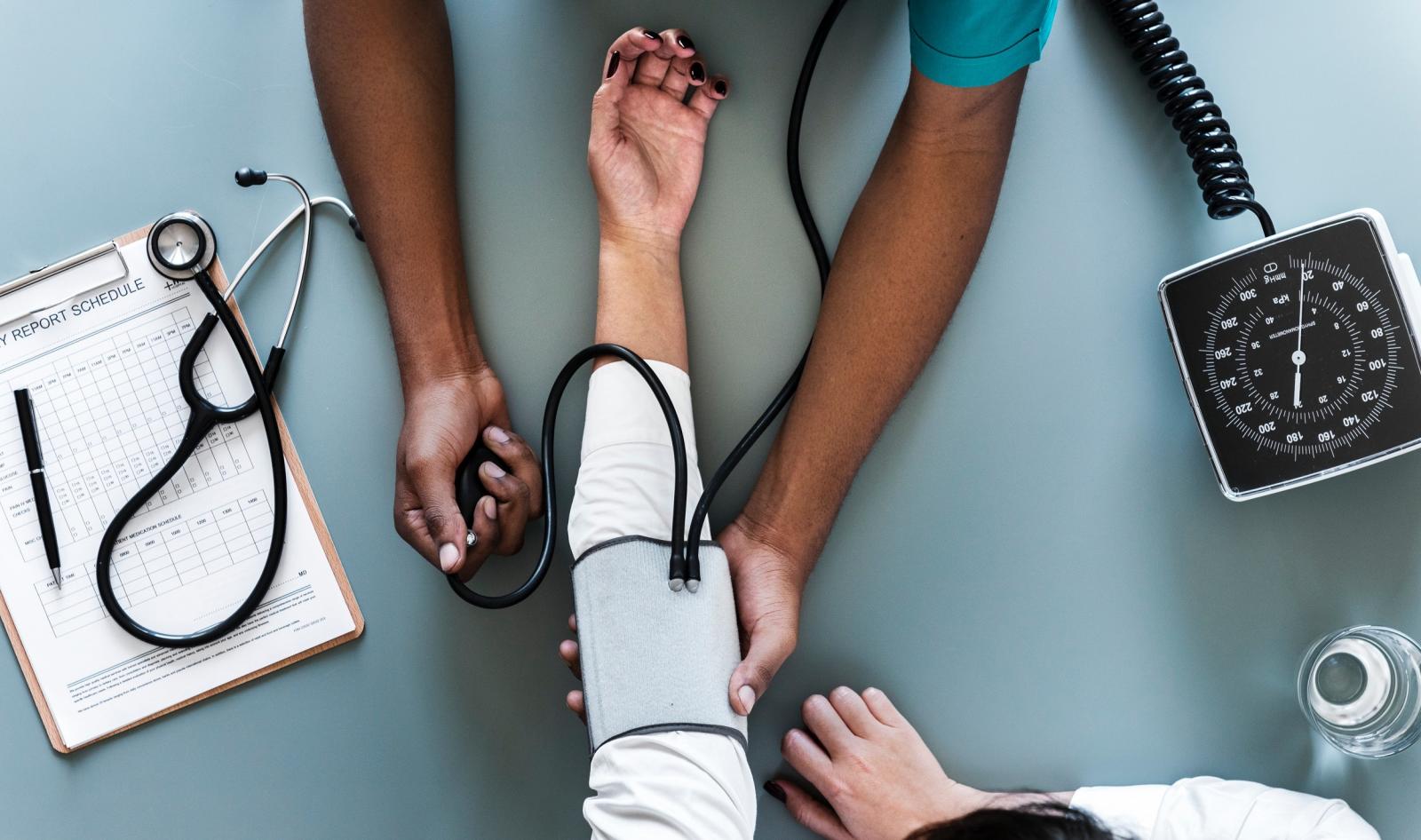Medical Conditions and Fall Risk
Are your medical conditions increasing your risk of falling?
A number of health conditions have been shown to increase your fall risk, for example arthritis, depression, incontinence, osteoporosis, heart problems, postural hypotension (a drop in your blood pressure when you change positions e.g. lying to sitting/standing) and neurological disorders (e.g. Parkinson’s disease, stroke and dementia).

Did you know?
Even short-term illnesses such as the flu or other infections can affect your balance and increase your risk of falling.
Medical conditions that can increase your risk of falling:
- Arthritis can more than double your risk of falling. There are different types of arthritis such as osteoarthritis, rheumatoid arthritis and gout. Osteoarthritis is the most common in older people and often associated with pain.
- Depression, anxiety, sleep disturbances and cognitive decline can increase your risk of falling. Certain mental or cognitive health conditions are relatively common in older people (>65 years) with 10-15% having depression and 50% reporting sleeping problems.
- Incontinence is a risk factor for falls. There are different types of incontinence. If you leak small amounts of urine when you cough, sneeze, laugh or lift, then this is called stress incontinence. If you have a sudden and strong need to urinate, then this is called urge incontinence or overactive bladder. Pelvic floor muscle training is an effective treatment for stress incontinence and may help other forms of incontinence too.
- Cardiovascular health conditions can increase your risk of falls. Postural hypotension (or orthostatic hypotension) is very common in older people and usually happens when your blood pressure drops as you stand up from sitting or lying positions. When your blood pressure drops, less blood goes to your brain and muscles. This can make you dizzy, lightheaded or unsteady and more likely to fall.
- Neurological conditions like Parkinson’s disease, dementia, peripheral neuropathy and stroke can also increase your risk of falling.
Did you know?
Medicines used to treat depression, anxiety and poor sleep can increase your risk of falling.
Physical activity and tailored exercise and your medical conditions
Physical activity and tailored exercise can help prevent and manage many health conditions e.g. arthritis, depression, cognitive decline and cardiovascular health. If you haven’t exercised for a while, start slow with shorter sessions and gradually build up. Seek professional advice if needed.

Key points to remember
- Looking after your mental and physical health is important as you get older
- Some medical conditions can increase your risk of falling
- Physical activity and exercise can be used to prevent and manage many health conditions
- See our other fact sheets for more details about falls and specific medical conditions: Arthritis, Depression and Anxiety, Continence, Postural hypotension
What can I do right now?
- Talk to your doctor or health professional about your medical conditions and how they affect your risk of falling
- Consider becoming more physically active
- If you haven’t exercised for a while, start slow with shorter sessions and increase gradually
- Talk to your doctor or health professional (e.g. physiotherapist) about how to start and maintain exercise, especially if you have chronic health conditions
- See our other fact sheets for health condition specific tips to reduce your risk of falling
Tips
For more information about your medical conditions talk to your doctor or health professional. You could also visit:
- Arthritis: https://arthritisaustralia.com.au/
- Continence: https://www.continence.org.au/
- Depression and anxiety: https://www.beyondblue.org.au/
- Cognitive impairment and dementia: https://www.dementia.org.au/
- Osteoporosis: https://www.osteoporosis.org.au/
- Stroke: https://strokefoundation.org.au/
- Parkinson’s disease: https://www.parkinsons.org.au/
- Cardiovascular health: https://www.heartfoundation.org.au/
Conclusion
You have finished the article. If you would like to download a copy of this article as a PDF, click the button below.

